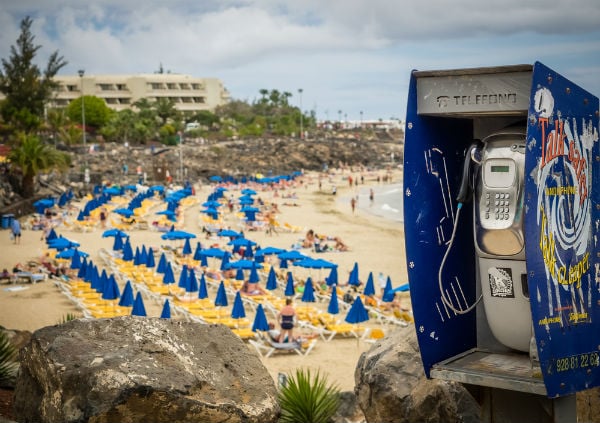The National Telecommunications Agency had offered six licenses to operate on the 700 MHz frequency for the fourth generation service, with a total minimum price tag of 7.7 billion reais ($3.14 billion, or €2.5 billion at current exchange rates).
Claro, operated by Mexico's America Movil, won the first license with a bid of 1.947 billion reais ($794 million), one percent above the minimum price.
TIM, a subsidiary of Telecom Italia, won the second tender, for the same price.
The Spanish Telefonica/Vivo got the third license, for $1.928 reais ($780 million), right at the minimum price.
A fourth license, with a limited regional scope, was awarded to Brazil's Algar, for 29 million reais ($11.8 million).
Two of the licenses were not allocated due to lack of interest.
Brazil auctioned off its first 4G licenses in 2012, but at the 2.5 Ghz frequency, which is narrower than the 700 Mhz offered in the new licenses.



 Please whitelist us to continue reading.
Please whitelist us to continue reading.
Member comments